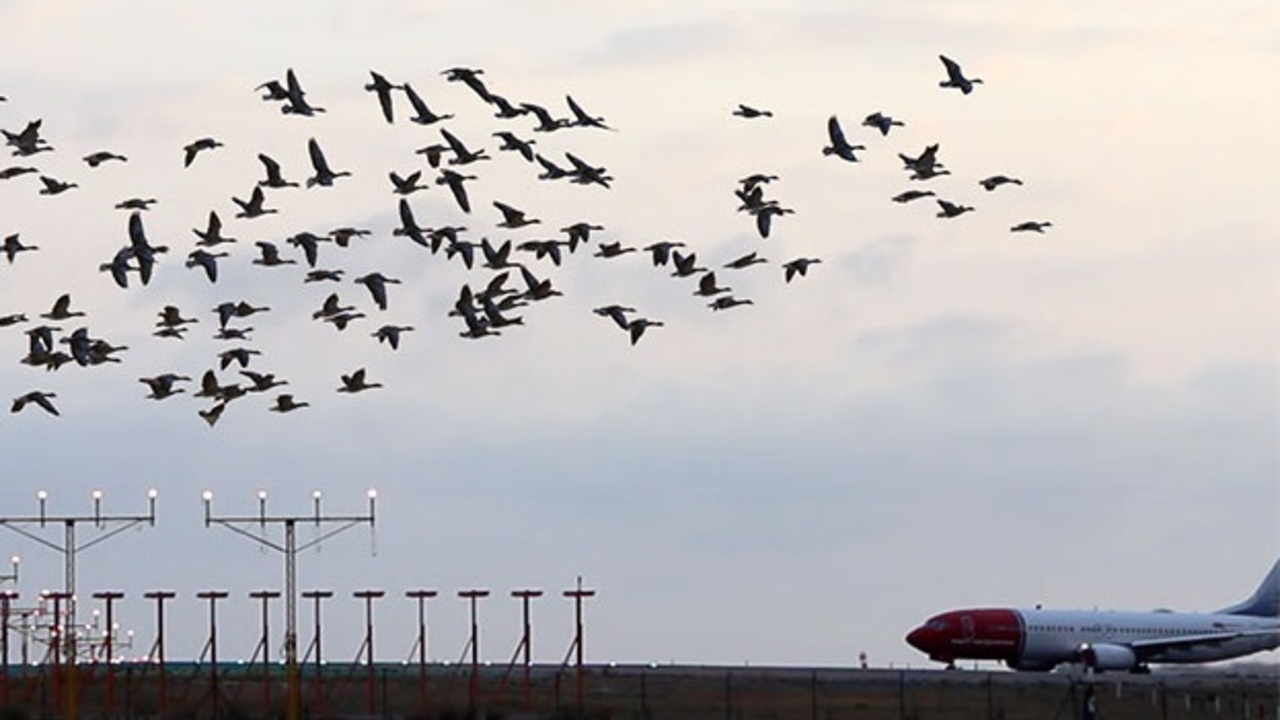st. Petersburg Electrotechnical University (SPbGETU) “LETI” developed the Chaika complex, which detects and classifies various objects in the air around the airport at a distance of up to one and a half kilometers.
The system consists of three main sensors. The passive coherent locator allows you to detect moving air targets within a radius of 30 kilometers. The device operates without its own transmitter, using signals from nearby telecommunications systems, such as digital television, to locate it. This feature allows it to be used invisibly to intruders.
The second module of the complex is a high-resolution video camera for determining the type of aerial object. The third module is an infrared camera that can track a flying object in the evening and at night, as well as in difficult weather conditions such as fog. Software has been written for “The Seagull” that allows you to process information, classify it, and accompany objects in the air.
The complex is capable of detecting flying objects within a radius of 1.5 km from the airport and tracking their movement, at any time of the day and in any weather conditions. When it comes to targets approaching at a range of 800 meters, Chaika can recognize various air targets. The system can not only recognize what is flying, for example, a drone or a bird, but also determine the type of these birds – this distinguishes the complex from existing analogues, says Natalia Obukhova, Dean of the Faculty of Radio Engineering and Telecommunications. Petersburg Electrotechnical University “LETI”.
Source: Ferra
I am a professional journalist and content creator with extensive experience writing for news websites. I currently work as an author at Gadget Onus, where I specialize in covering hot news topics. My written pieces have been published on some of the biggest media outlets around the world, including The Guardian and BBC News.










